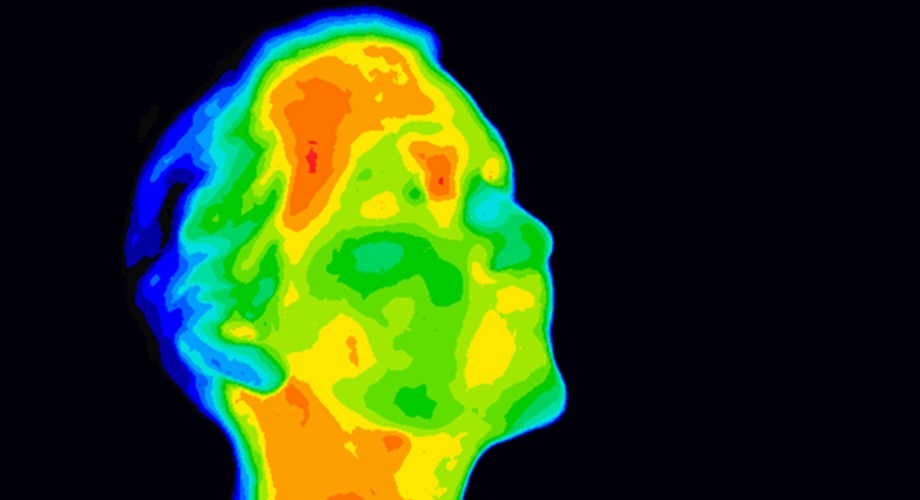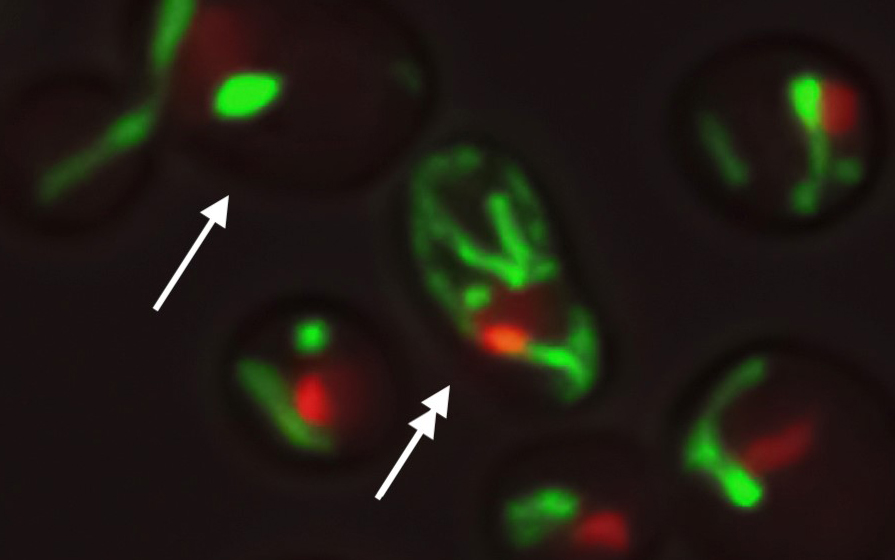
Humans aren’t the only ones who grow forgetful as they age — fruit flies do, too. But because fruit flies have a lifespan of only about two months, they can be a useful model for understanding the cognitive decline that comes with aging.
A new study published in Nature Communications shows that when a common cell structural protein called filamentous actin, or F-actin, builds up in the brain, it inhibits a key process that removes unnecessary or dysfunctional components within cells, including DNA, lipids, proteins and organelles. The resulting accumulation of waste diminishes neuronal functions and contributes to cognitive decline...
Read More









Recent Comments